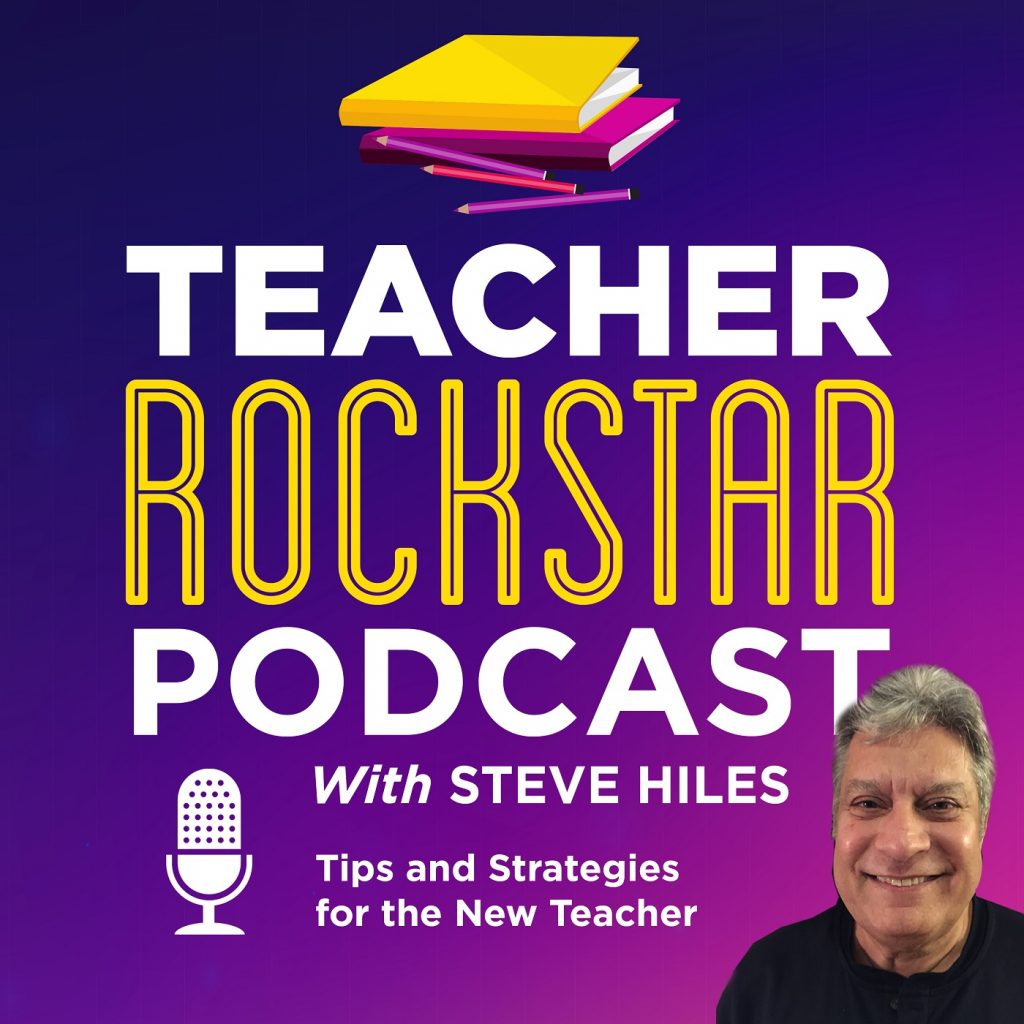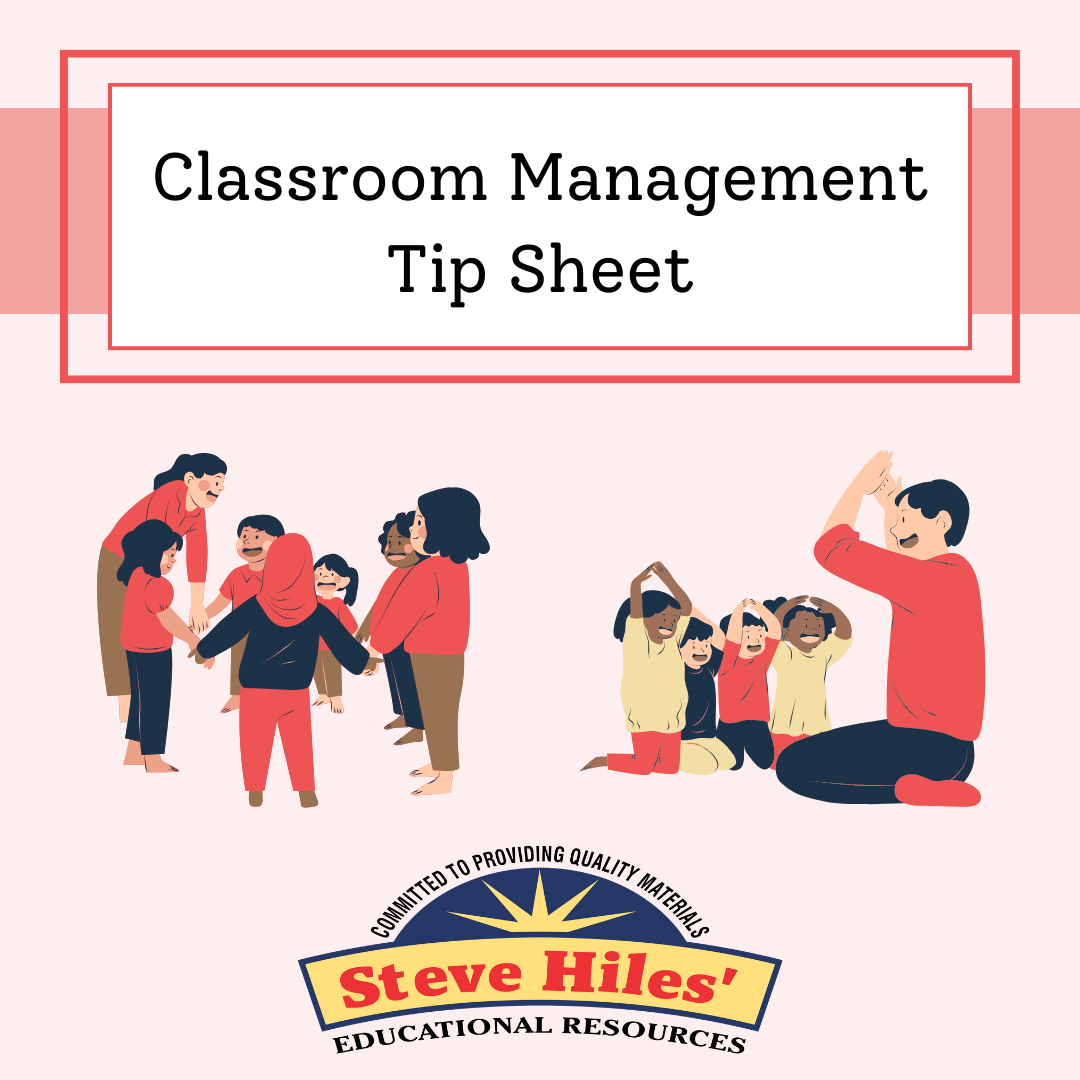Have you ever struggled with a disruptive student? You know the one—tapping the desk during a lesson, blurting out answers, distracting classmates while you’re just trying to finish your sentence. I remember early in my career, I had a student who I’ll call Marcus who couldn’t sit still for more than 60 seconds. Every time I turned my back, he was doing something wild—paper airplanes, spontaneous dance moves, the works. I tried everything—rewards, consequences, even calling home—but nothing stuck. And it nearly broke me. But here’s the thing—I eventually figured out what worked, and it changed everything. In this article, I’m going to share how to respond to disruptive behavior with confidence, discover what might really be behind it, and walk away with strategies you can use tomorrow.
Understanding the “Why” Behind Disruption
First things first—disruption is usually a symptom, not the root problem. Research shows that nearly 80% of disruptive behavior is tied to unmet needs—whether emotional, academic, or social. I had a student, who I’ll refer to as Mia, who acted out constantly during math lessons. Turns out, she was two grade levels behind and was lashing out because she was embarrassed. The moment we started giving her targeted support, the disruption vanished. Think of it like a car’s check engine light—ignoring it won’t fix the problem, but investigating it will. So before labeling a student as “just difficult,” ask: What’s really going on here?
Let’s move to the next piece of the puzzle—your classroom environment and expectations.
Setting Clear Expectations and Consistency
Disruptive students thrive in chaos. But they settle down in structure. A consistent, predictable routine is like a safety net for many students—especially those who come from unstable homes. I once visited a classroom where students knew exactly what to expect the moment they walked in. You could almost set your watch by their transitions. Why? Because the teacher had spent the first three weeks drilling procedures. One of the most effective strategies is posting a visual behavior chart and reviewing expectations daily—not just on Day One. Think of your expectations like guardrails on a mountain road—they’re not there to control the driver, they’re there to keep everyone safe.
Now let’s explore the third key: building strong relationships.
Connection Before Correction
This one’s powerful. Relationships are the secret sauce to managing disruptive behavior. I’m sure you heard before that students don’t care how much you know until they know how much you care. I had a student who I’ll call Jordan who challenged me every single day—eye rolls, talking back, even walking out. But when I took time during lunch to play Uno with him and ask about his interests, things began to shift. That connection created trust, and trust led to respect. Think of it like watering a plant—you can’t expect it to bloom without daily care. When students feel seen, valued and heard, their behavior often turns around.
So let’s recap—you’ve learned the importance of digging into the why behind the behavior, how to establish rock-solid routines, and why forming genuine connections with students can be a game-changer. Disruptive students aren’t there to make your life miserable—they’re sending signals. And now you have tools to decode them. You’ll walk into class with more confidence, more patience, and a clear plan.
Here’s a helpful resource from the University of Washington that offers structured, effective strategies for managing disruptive students.
And if you’re ready to dive deeper into mastering your classroom management skills, check out the Teacher RockStar Academy—it’s packed with step-by-step strategies to help you take charge and thrive.
I’d love to hear your thoughts about the article, and please share what strategies have worked for you.







